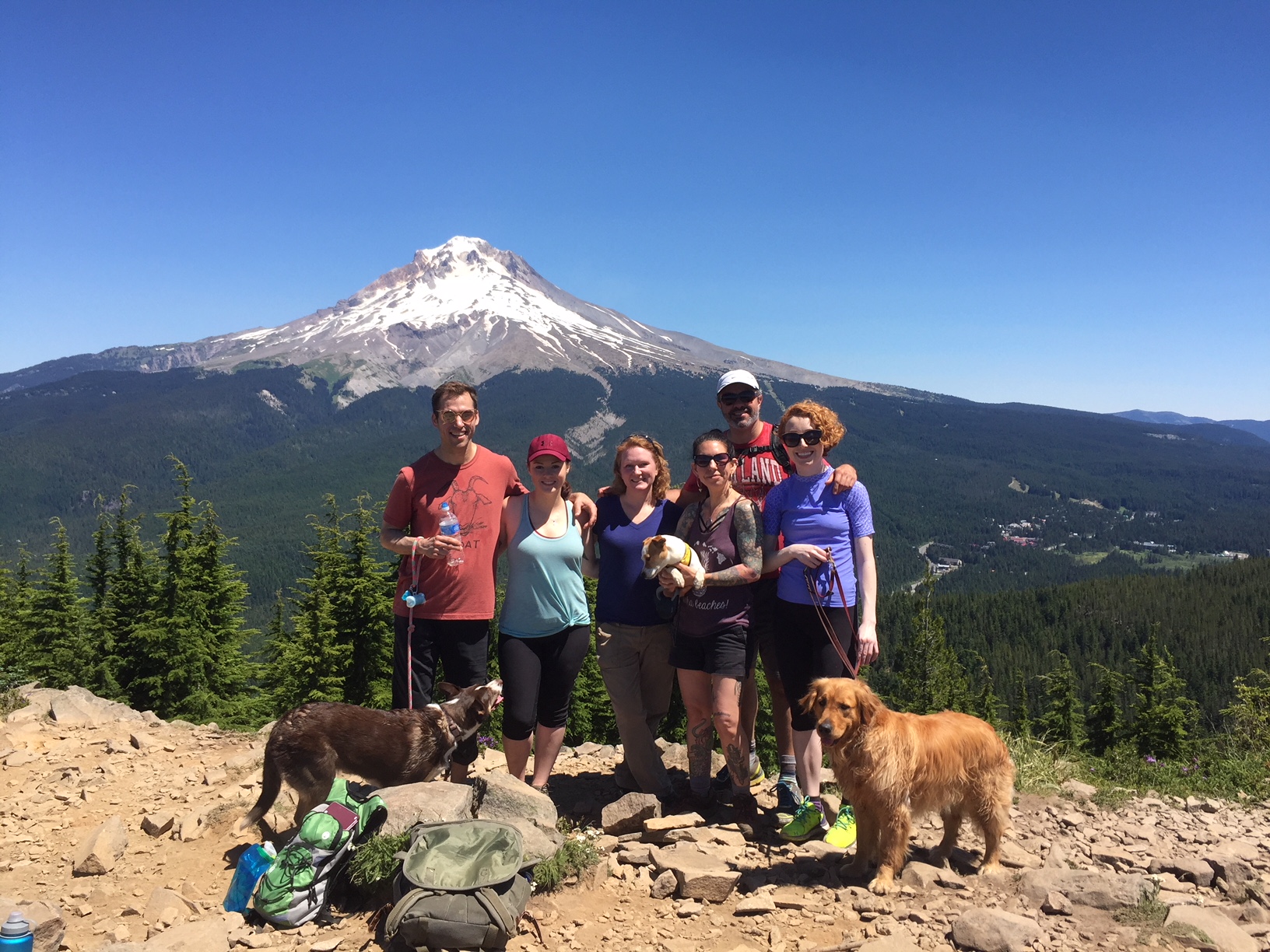
While many of us focus primarily on diet and exercise to achieve better health, science suggests that our wellbeing is also influenced by the company we keep. There are dozens of studies that have shown that people who have satisfying relationships with family, partners, friends, and their community are happier, have fewer health problems, and live longer. Social connections like these not only provide emotional reassurance, they also influence our long-term health in ways every bit as powerful as adequate sleep, a good diet, and not smoking.
Conversely, a deficiency in social ties is associated with a prevalence towards depression, an increase in cognitive decline, and increased morbidity and mortality. One meta-analysis, which examined data from more than 309,000 people, found that lack of strong relationships increased the risk of premature death from all causes by 50%. This finding remained consistent across age, gender, initial health status, and cause of death. This mortality risk is roughly comparable to smoking up to 15 cigarettes a day, and greater than obesity and physical inactivity. Put another way, sustained loneliness is a predictor of poor health.
Dan Buettner, a National Geographic fellow and author, has studied the health habits of people who live in so-called blue zones – regions of the world where people live far longer than the average. These are communities that work together and support each other – communities where people commonly eat, cook, play, and pray together. Buettner has noted that positive friendships are a common theme in the blue zones. “Friends can exert a measurable and ongoing influence on your health behaviors in a way that a diet never can,” Mr. Buettner said.
In Okinawa, Japan, a blue zone community, the average life expectancy for women is around 90 (avg. life expectancy for American women is 78 ½). At a young age, children are appointed to a moai — a network of five friends who journey through life together offering social, logistic, emotional, and even financial support for each other. In a moai, the group benefits when things go well, such as by sharing a bountiful harvest, and the group’s families support one another when someone is unable to work or is suffering from the loss of a loved one. They also appear to influence one another’s lifelong health behaviors.
In their book Connected – The Surprising Power of Our Social Network and How They Shape Our Lives, renowned scientists, Christakis and Fowler present compelling evidence and examples that your health depends on the company you keep. Hanging out with healthy people increases your own likelihood of health — non-obese people are more likely to have non-obese friends because healthy habits spread through social networks. When it comes to relationships we are greatly influenced by those closest to us. Ultimately the quality of our relationships affects the quality of our lives.
“We are the average of the five people we spend most of our time with.” – Jim Rohn
Behind the scenes at Hosmer Chiropractic Health, we as a staff prioritize our work family. We cultivate, encourage, honor, and support one another. We celebrate birthdays and personal accomplishments. We have a community event committee that plans extracurricular activities and events for staff and their families (such as the hike to Mirror Lake pictured above!). And when the going gets tough, we instinctively share the burden. In other words, we have each others backs (pun intended).
In the interest of celebrating and fostering our broader community network, we would like to extend an invite to our patients, neighbors and friends who continue to promote our greater wellness and continue to add quality to our lives. Please join us for our annual Hosmer Chiropractic Health barbeque, Saturday, September 8th from 5-8pm! We would be honored to celebrate with you!